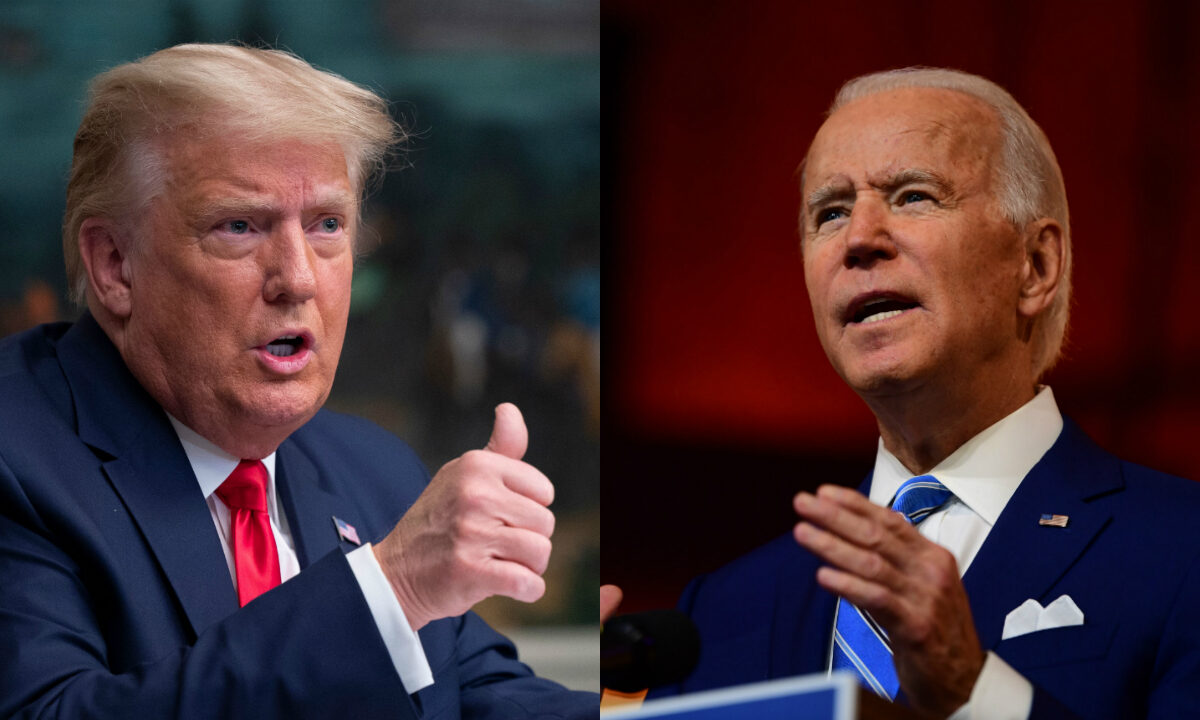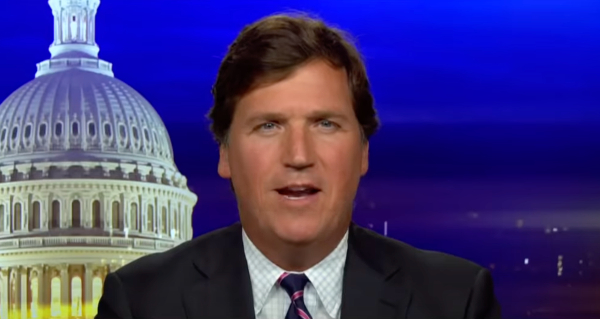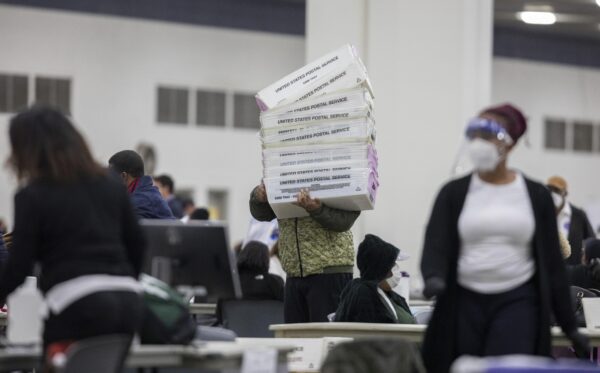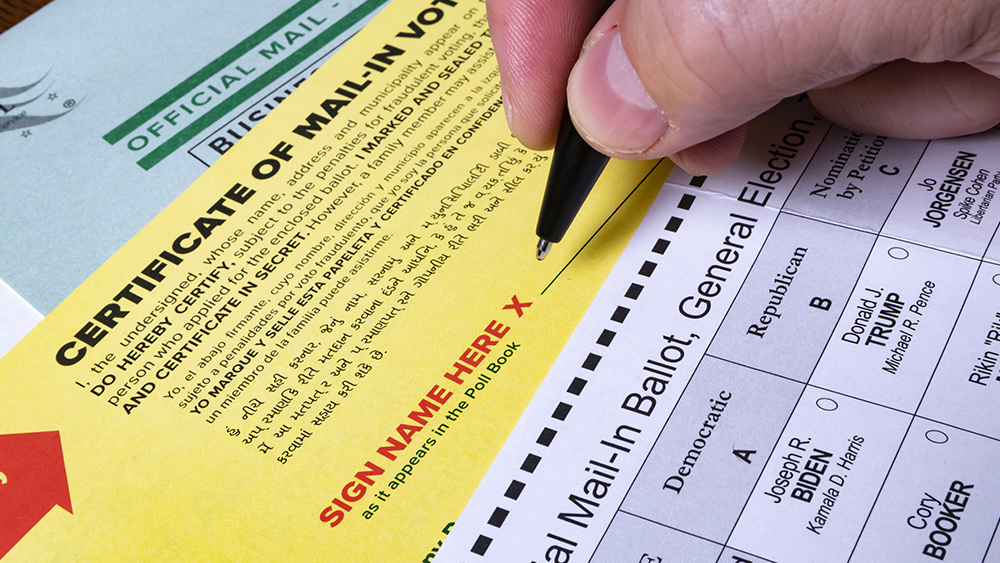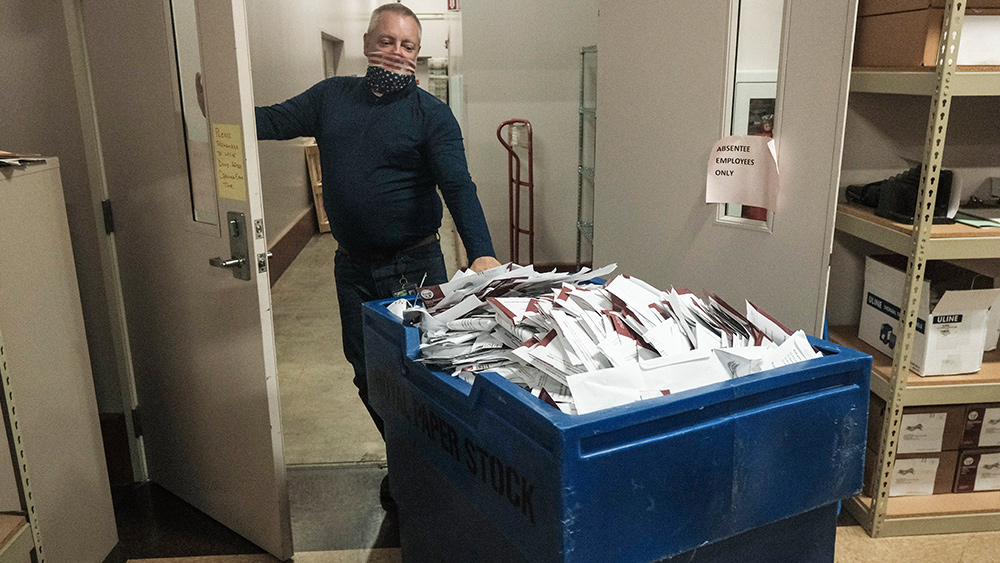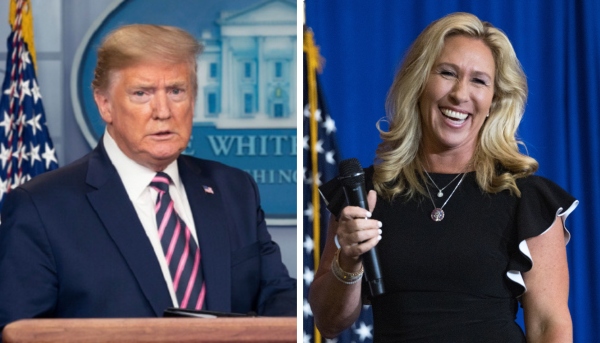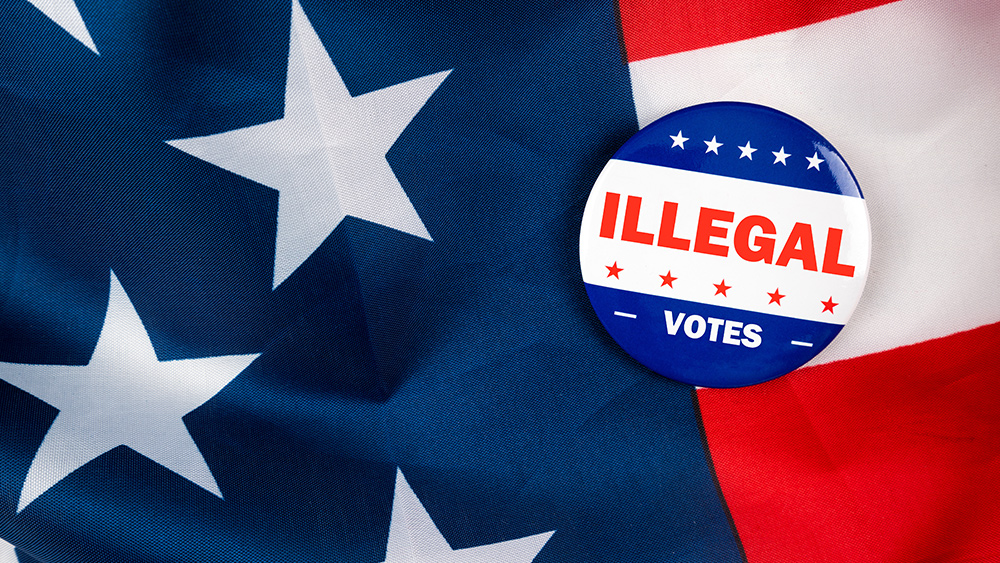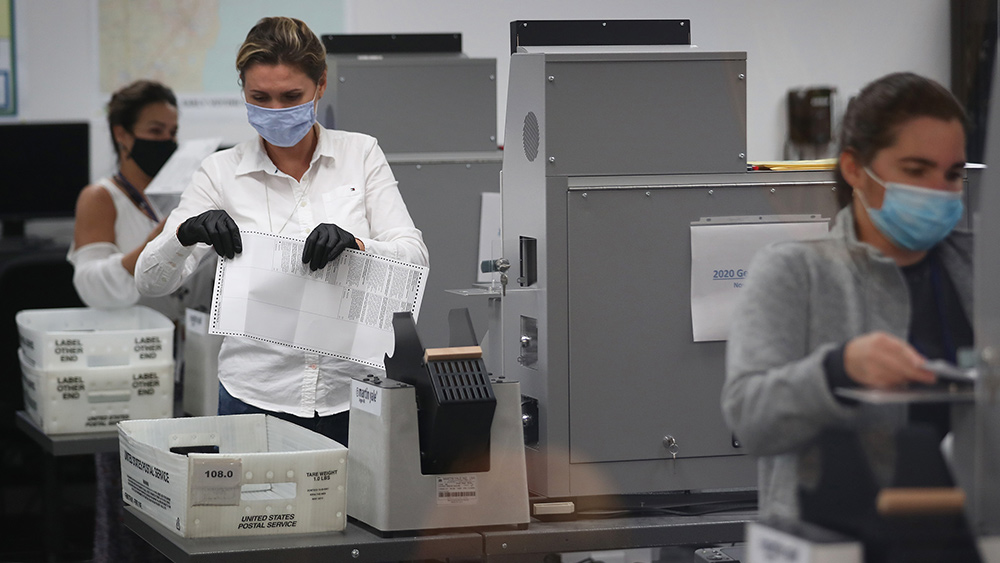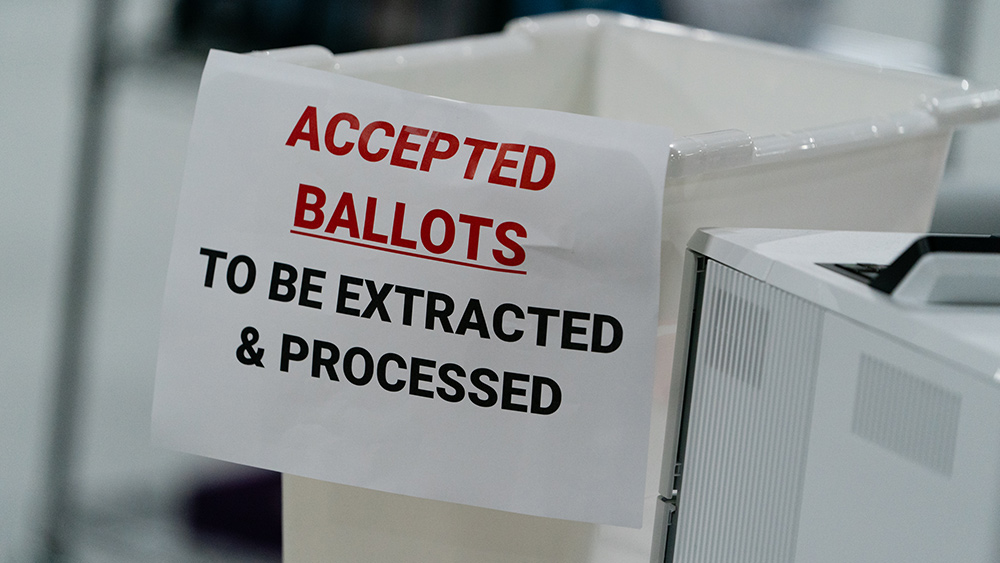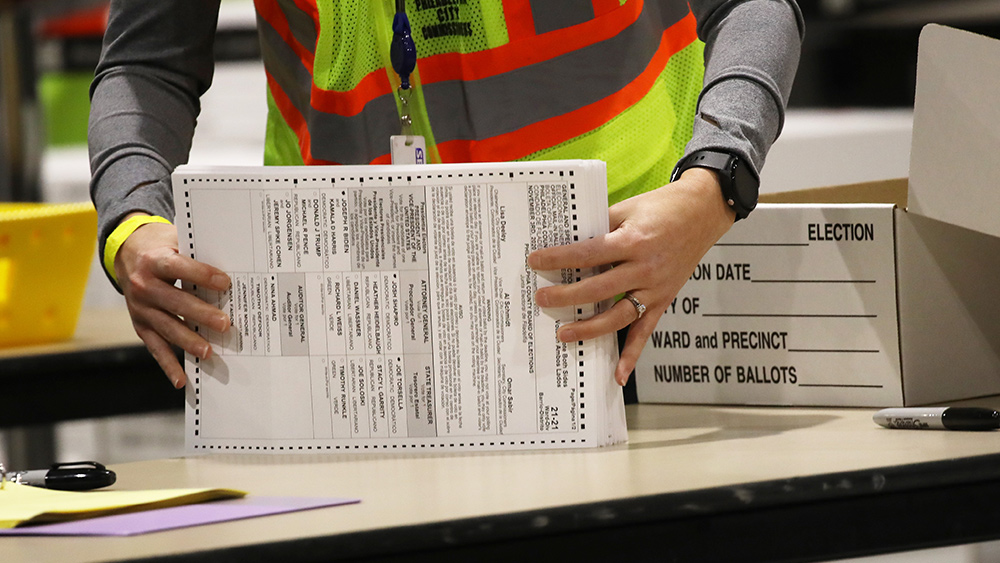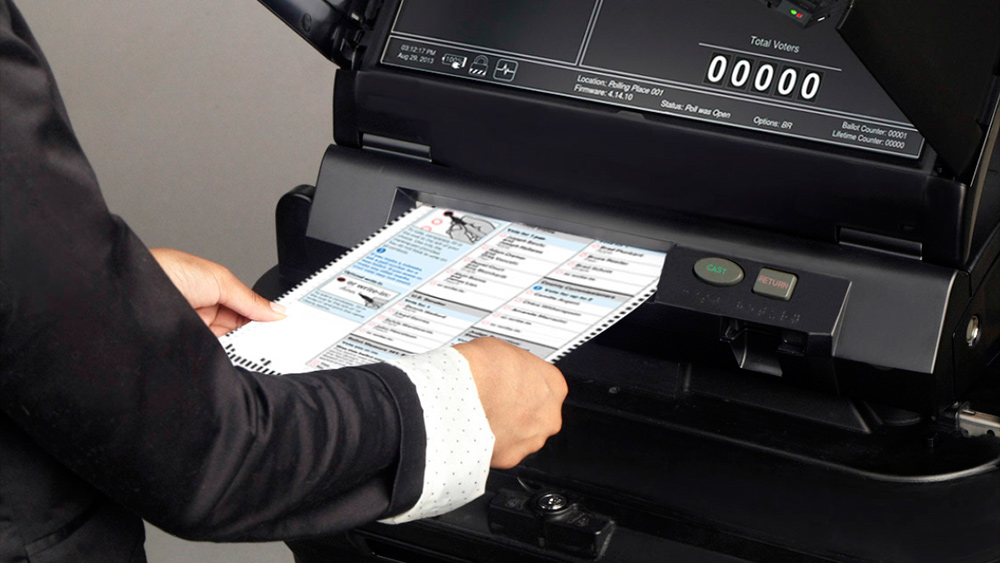Resurgent coronavirus caused consumer sentiment to drop in early July
07/18/2020 / By Franz Walker
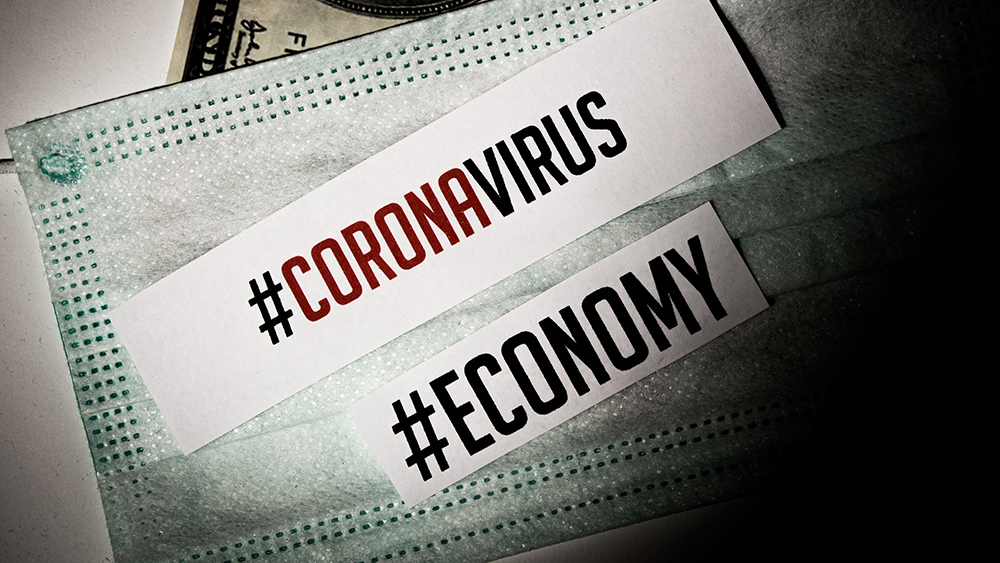
Consumer sentiment has declined in the first half of July following the reversal of the economic reopenings of several states in the face of a resurgent Wuhan coronavirus (COVID-19) pandemic.
The University of Michigan’s Index of Consumer Sentiment slid to 73.2 percent during July’s preliminary reading, down from 78 percent at the end of June. The slump runs counter to forecasts from economists who had expected it to make a slight gain to 79 percent.
“The promising gain recorded in June was reversed,” wrote Richard Curtin, the survey’s chief economist.
Consumer confidence dropped after coronavirus cases rose
The reopening of several state economies helped buoy spirits in late May, bringing the index as high as 78.9 percent by mid-June. This prompted some economists to predict that consumer confidence would continue to rise.
However, a rise in cases, especially in the South – the first region to open – has shaken consumer confidence, bringing the index down to 78.1 percent by the end of the month – a dip that has only gotten worse in July.
“The report notes that sentiment is more closely tied to the coronavirus,” said Scott Brown, chief economist at Raymond James Financial.
The Michigan index has two components, one which measures current conditions and another which measures expectations for the future. Both dropped significantly in July with consumers’ assessments of current conditions falling by 3.3 percent and expectations crashing by 8.4 percent, 23.9 percent and 26.9 percent below their respective scores from last year.
The drop in consumer sentiment, despite predictions to the contrary, demonstrates how unpredictable and uneven economic data has become in the face of the pandemic, shutdowns to slow it and the unprecedented federal aid to support businesses and households.
Unemployment is nearing levels not seen in a century and jobless claims are at extremely elevated levels. Household incomes and spending, on the other hand, have seemingly held up. Meanwhile, the stock market has gone upward, the housing market is coming back to life and regional manufacturer surveys are showing strength.
However, declines may be the order of the day for the coming months as states continue to reimpose restrictions to combat the coronavirus.
“Unfortunately, declines are more likely in the months ahead as the coronavirus spreads and causes continued economic harm, social disruptions, and permanent scarring,” stated Cutin.
Rising caseloads could keep consumer confidence down
With consumer sentiment closely tied to the coronavirus, current events indicate that it’s not going up any time soon.
It was a surge in cases in the South and the West that helped drive consumer confidence down in June. Now, many of these states are continuing to see rising caseloads, even as they roll back their economic reopenings. (Related: Asymptomatic carriers responsible for over HALF of America’s coronavirus cases.)
Florida recorded more than 100 deaths for the fourth day in a row Friday, adding to the over 4,800 already recorded in the state. The Sunshine State also saw 11,466 new cases, bringing their total to over 327,000.
On the same day, Texas recorded 14,780 new coronavirus cases. This brings the state’s total of confirmed coronavirus cases to over 300,000, making it only the fourth state to hit that grim benchmark, alongside New York, California and Florida.
After having mostly avoided the pandemic during the spring, California has seen a massive surge of COVID-19 cases as of late, with over 366,000 positive cases as of Friday morning.
Government must act soon on the next round of economic stimulus packages
With the rising coronavirus caseload and falling consumer confidence, experts are saying that aggressive government intervention is once again necessary to keep the economy running.
“Another aggressive fiscal response is urgently needed that focuses on financial relief for households as well as state and local governments,” Curtin said.
Already, lawmakers have been deliberating on what to include in the next round of federal coronavirus aid. The Trump administration has stated wants a new round of coronavirus impact payments to taxpayers. It’s unclear, however, what will happen to the federal government’s $600 per week boost to state jobless claims, which are expiring at the end of July.
Whatever the administration plans to do, it may have to announce it soon, as the incoming election season could derail the implementation of further aid. Should that happen, then the economic fallout from the coronavirus could last even longer.
“Unfortunately, there is little time left on the political calendar for Congress to act as the election season is about to begin in earnest,” warned Curtin. “Without action, another plunge in confidence and a longer recession is likely to occur.”
Follow Pandemic.news for more on the economic impact of the coronavirus outbreak.
Sources include:
Submit a correction >>
Tagged Under:
American consumers, consumer confidence, consumer spending, coronavirus, covid-19, disease, economics, economy, flu, outbreak, pandemic, risk, superbugs, virus
This article may contain statements that reflect the opinion of the author
RECENT NEWS & ARTICLES
Trump.News is a fact-based public education website published by Trump News Features, LLC.
All content copyright © 2018 by Trump News Features, LLC.
Contact Us with Tips or Corrections
All trademarks, registered trademarks and servicemarks mentioned on this site are the property of their respective owners.

